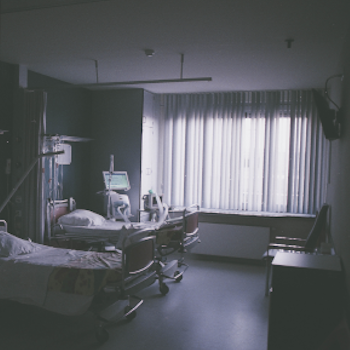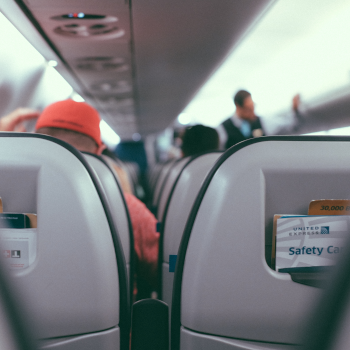Three Lollies Uses
Three Lollies’ natural ingredients are great for relieving morning sickness, motion sickness, post-operative and chemotherapy-induced nausea.
Morning Sickness
Roughly 75% of all pregnant women suffer from some form of morning sickness. And unlike the name implies, morning sickness is not restricted to the morning hours. It can last all day.
What are the symptoms of morning sickness?
Women with morning sickness often experience:
- Nausea or Queasiness
- Vomiting
- Retching (dry heaving without bringing anything up)
Morning sickness is not the same for everyone. Some might only experience slight discomfort for a few hours, whiles others can be nauseous all day. Morning sickness may dissipate after your first trimester, but it is also common for it to last into your second or third trimester.
What Causes Morning Sickness?
Professionals aren’t entirely sure what causes nausea during pregnancy, but it is most likely due to the multiple physical changes taking place in your body. There are many there’s from human chorionic gonadotropin (hCG), to estrogen, to an enhanced sense of smell and sensitivity to odors, to simply genetics. Whatever the cause, morning sickness can ruin your day.
Understandably, many women are worried about treating morning sickness with drugs and chemicals in case it has adverse effects on their unborn child. Luckily, this is where Three Lollies steps in. With 100% all-natural ingredients and always drug-free, Three Lollies can provide a natural and easy way to ease morning sickness without harmful side-effects.
Chemotherapy-Induced and Post-Operative Nausea
Cancer treatments, such as chemotherapy and radiation therapy can have unintended side effects of nausea and vomiting. Some drugs, such as targeted therapy and immunotherapy have caused nausea and vomiting in patients as well.
The American Cancer Society lister 7 factors that contribute to the likelihood of experiencing nausea and vomiting from treatments.
- The types of treatment used. Drugs that travel through the body are more likely to cause nausea and vomiting than treatment that only affects one area of the body, such as radiation therapy. And, some drugs are more likely than others to cause nausea and vomiting
- The dose of the drugs (higher doses can be more likely to cause nausea and vomiting, especially certain chemo drugs)
- When and how often the drug is given. For example, if doses of a chemo drug that causes nausea and vomiting are given close together, there’s less time for the person to recover from the effects of the last dose before the next one is given.
- How the drugs are given. For instance, chemo is given through a vein (intravenous, or by IV) may cause nausea and vomiting much faster than a drug given by mouth. This is because the drug given by IV is absorbed faster.
- Individual differences – not every person will have the same response to a dose or type of treatment.
- Having a tumor in the brain, liver, or gastrointestinal tract may increase the risk for nausea and vomiting.
- Other drugs (such as pain medicines) may cause or worsen nausea and/or vomiting.
This long-lasting nausea can cause patients to stay in the hospital longer than required. But for many, Queasy Drops can relieve Chemotherapy-Induced Nausea and have become a favorite for cancer care packages and chemotherapy treatment rooms.
In the case of serve and persistent nausea, talk to your doctor, and see what course of action is right for you.
Motion Sickness and Travel Sickness
Traveling the world is easier than ever. But if you suffer from morning sickness, all the boats, planes, and cars might not be a welcome sight.
Motion sickness is a sensation of queasiness or wooziness. It usually appears when traveling by vehicle: car, boat, plane, or train. Your body’s sensory organs are receiving mixed signals and pass those on to your brain, causing the sensation of dizziness, lightheadedness, or nausea.
Some people are more susceptible to motion sickness. Young children, between the ages of 2 and 12, have a high risk of suffering from motion sickness. Pregnant women also have a higher risk of experiencing nausea from travel.
There are some simple things you can do to plan ahead for motion sickness. If you know you are going to be traveling, look to get a window seat and a seat near the front of the vehicle. Be sure to be well-rested and well-hydrated before the trip. And it is always good to have some form of nausea relief available if symptoms persist.
